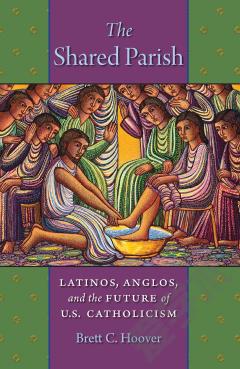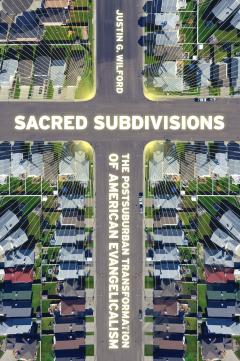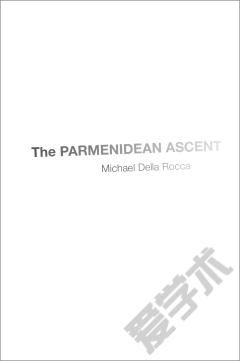Shared Parish
Asfaith communities in the United States grow increasingly more diverse, manychurches are turning to the shared parish, a single church facilityshared by distinct cultural groups who retain their own worship and ministries.The fastest growing and most common of these are Catholic parishes shared byLatinos and white Catholics. Shared parishes remain one of the few institutionsin American society that allows cultural groups to maintain their own languageand customs while still engaging in regular intercultural negotiationsover the sharedspace.Thisbook explores the shared parish through an in-depth ethnographic study of aRoman Catholic parish in a small Midwestern city demographically transformed byMexican immigration in recent decades. Through its depiction of shared parishlife, the book argues for new ways of imagining the U.S. Catholic parish as anorganization. The parish, argues Brett C. Hoover, must be conceived as botha congregation and part of a centralized system, and as onepiece in a complex social ecology. The Shared Parish alsoposits that the search for identity and adequate intercultural practice in suchparishes might call fornew approaches to cultural diversity in U.S. society, beyond assimilation ormulticulturalism. We must imagine a religious organization that accommodatesboth the need for safe space within distinct groups and for social networksthat connect these groups as they struggle to respectfully co-exist.
{{comment.content}}








 京公网安备 11010802027623号
京公网安备 11010802027623号